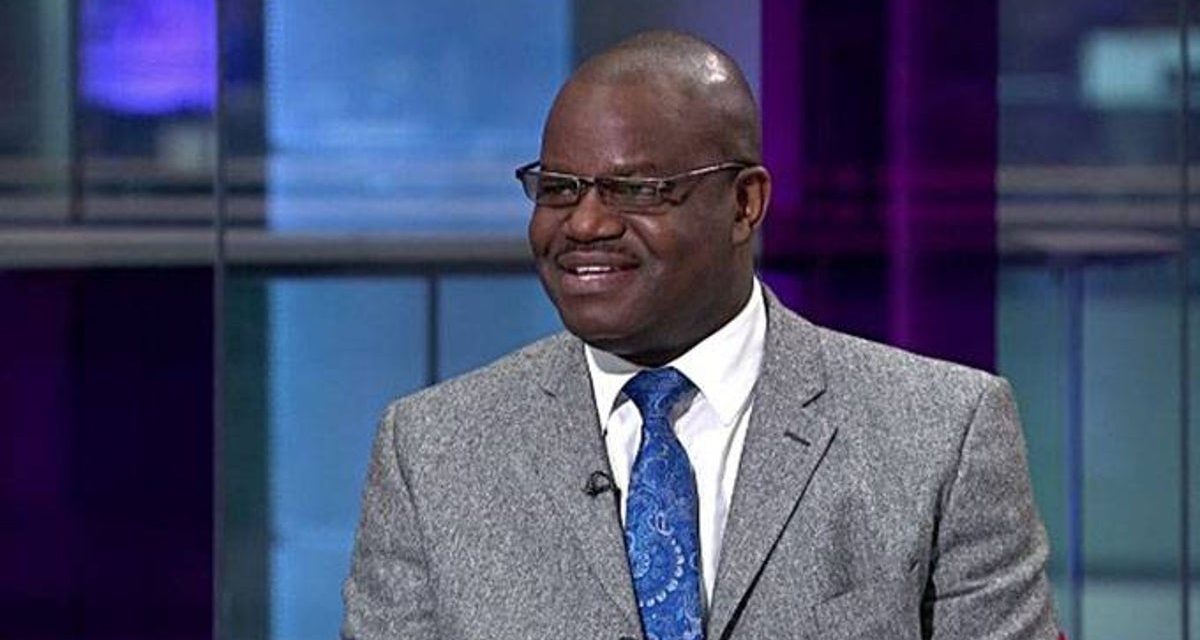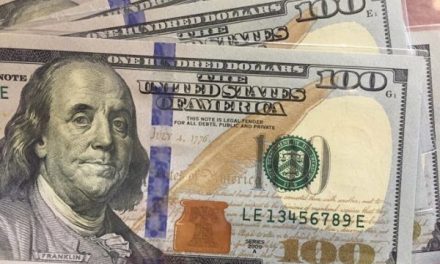In what can only be described as a shocking announcement the permanent secretary in the ministry of information and Publicity Nick Mangwani penned a letter announcing that government will shut down all mobile money platforms and suspend ZSE share trading with immediate effect. The letter speaks at length about the emergence of many exchange rates, two, in particular, are mentioned being the Ecocash rate (what people pay for US dollars when using the EcoCash platform and the Old Mutual Implied Rate derived from Old Mutual share price on the ZSE compared to JSE. There are a few questions about the announcement and responses to it. Also, a few things to consider in the matter.
The rationale
I may use the term rationale loosely here but the letter did explain the thinking behind the suspension. Ecocash and mobile money in general stand accused of being the conduits of the parallel market and this being money on their own. In our cash-less (not to be confused with cashless) society mobile money dominates because of convenience. Ecocash dominates the scene with over 80% of mobile transactions happening through EcoCash. The Reserve Bank, of course, launched the revised version of foreign currency auctions circa 2008. The RBZ wants this auction rate to be the indicative rate, especially after the initial auction provided a rate much lower than parallel markets had been before they stopped publishing rates after it was outlawed. One exception was still being published, the Old Mutual Implied Rate.
According to Mr Mangwana’s letter, the Zimbabwe Stock Exchange has become a haven for money and the presence of what he refers to as fake counters that exist to fix rates. It’s hard to interpret this message as pointing to anything but Old Mutual. It’s undeniable that the Zimbabwe Stock Exchange has become one of the view viable inflation hedging instruments in the.country.
History repeats itself
A theme is developing in government policy that has not escaped the attention of those who are cognizant of what happened in the 2000s in Zimbabwe. History is repeating itself. Dumping fixed currency pegs and moving to an auction system is another 2008 remnant that was dusted off. Now suspending the ZSE has also been dusted. There was no mobile money to suspend in 2008 of course. And that is an important thing to note, the parallel market raged in the late 2000s without mobile money and will continue to do so without it. We wait to see what they will pull out from history next.
The source
Announcements concerning mobile money should ideally come from the Reserve Bank and not the Permanent Secretary of the Ministry of Information. Ecocash noted as much in their response to the letter from Nick Mangwana Ecocash had pre emptied the announcement by dismissing rumours but the letter from Mr Mangwana left them in a quandary. However, they maintain Ecocash will operate as normal until a directive is received from the RBZ. On the part of the stock exchange, we would expect such statements to come from the Securities and Exchange Commission. Yes, Zimbabwe has one that remains suspiciously silent when their voice is required. This has lead many to believe that we are likely to see a rebuttal of the statement from relevant authorities.
Two birds, one stone
The move which punishes Ecocash also deals a blow to another loathed group in the economy, the informal sector. In this case mostly small unregistered businesses which trade through mobile money. Because banking is not affected transactions can still be conducted through electronic point of sale systems. This means the formal businesses can still conduct business though unbanked customers may experience some inconvenience. The informal sector who have caught the attention of the government because they were reported to be refusing smaller denomination of Zimbabwean dollars and in some cases, electronic money favouring US dollars is certainly a target of this. With them grounded the economy would suffer.
What’s next?
Ecocash has made its position known while other mobile money providers are silent. The banks have surely delighted in the number of people who emptied their mobile wallets yesterday preferring to move money to banks. The consensus among the people is that this announcement will either be rebutted outright, reversed or be subject to exemptions until mobile money is fully functional again. The ZSE is a slightly different ball game, value is likely to be preserved so there is less panic there. The second foreign currency auction rolls out on Tuesday the 30th of June. One thing to note is that the highest auction bid from the first auction on Tuesday was for 100 Zimbabwean dollars to a US dollar, the last know parallel market rate. This pulled the average up and that may have caught the eye of the government. The goal of this, according to the letter, is a single exchange rate.








